Meta titles are one of the most important components of your website. They’re what people see in Google search, and your meta title content is also the #1 on-page SEO signal. Unfortunately, very few marketers know how to properly create one and use it to their advantage. And if you’re among those struggling with it, read on as we review the 8 best tips to help you improve your site’s meta titles.
Let’s go!
First, What is a Meta Title?
A meta title is also often referred to as a title tag and it’s what appears in a browser tab or search engine results page when you are browsing the web. It’s also usually how people find your content on social media sites like Facebook, Twitter, Pinterest, etc. It tells users and the search engines what your page is about. In Google, meta titles are highlighted in blue making it easier for you to choose the site or topic that you are interested in.
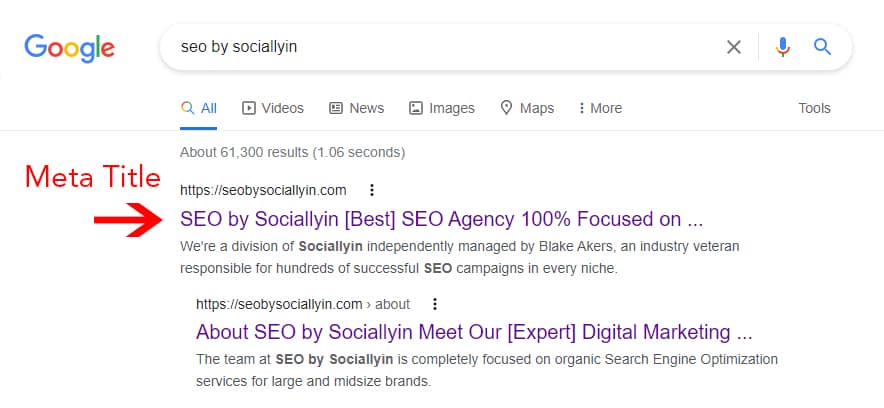
It is important to note that meta titles are the first thing that a search engine spider uses to assess what your page is all about. So it’s important that you are able to clearly and concisely deliver your page’s description via the meta title.
So now that we know what meta titles are, let’s go straight to the best tips to help you create compelling and click-worthy meta titles.
Always Include an Action Word in Your Title
An action word or verb is what makes a meta title captivating and emphasizes the need to click without sounding too aggressive. Adding an action word in your titles will help you increase clicks, so it’s important that you include one whenever possible. Here are some of the most popular action words that you can adopt:
- Learn
- Improve
- Discover
- Shop
- Browse
- Earn
- Save
- Acquire
Do Not Use Too Many Keywords
Since you are writing a meta title, make sure that it is able to effectively reflect the primary keywords of your site. Don’t cram too many keywords though as this will not only look spammy but also decrease its quality score on SERPs leading users and search engines to favor other pages over yours.

Using too many keywords also increases the possibility that some will be truncated in the SERPs. This doesn’t mean you should always aim to put fewer (or no) spaces between words, but you have to know when enough is enough.
Include Your Brand Name Towards the End
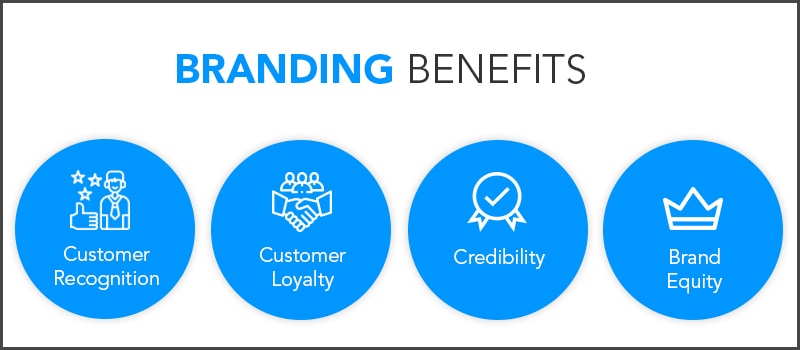
This is a no-brainer as your brand name should be part of every page and content you create. If users recognize or see your company’s name on the SERPs, they will know that you are credible which in turn increases their chances of clicking through to your site. Moreover, if you already have satisfied customers, chances are they may be searching for another product that you offer. So by including your brand name towards the end of your title, you are increasing the chances of getting not only new customers but repeat ones too.
Make Sure Your Title’s Short and Concise
It’s important to be mindful of your meta title’s length because there is a character limit before Google will truncate the text. The optimal meta title character count is between 50 to 60.

Longer meta titles that go past the character limit are okay in many cases, but may look bad if cut off mid-sentence. It’s best that you keep them short and sweet while still ensuring they are able to convey the primary message of each page.
Write Meta Titles for People
You need to keep in mind that although robots assess your page ranking, your meta title is intended for humans. So it should be human-readable and easy to understand. When creating your meta titles, put yourself in the readers’ shoes. Think about a headline that would grab your attention. By doing this, you’re well on your way to creating a successful meta title.
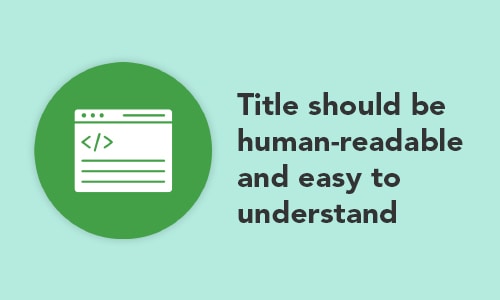
Most importantly, your meta title should be able to clearly express what your site is about. Otherwise, users will not click on it.
Understand How Robots Read
Sure you’re writing for people, but show the bots some love too! The good news here is that search bots are engineered to read just like we do – from left to right…
Put your most important keywords as far left as possible in the title and you’ll rank better!
If you’re looking for an easy SEO win you can handle yourself, check your existing pages and make sure all the titles are ordered from left to right.
Use Emotions [and Emojis] to Catch Attention.
Triggered by emotions, people are more likely to click on something that makes them want more. This technique is popularly known as the curiosity gap strategy.
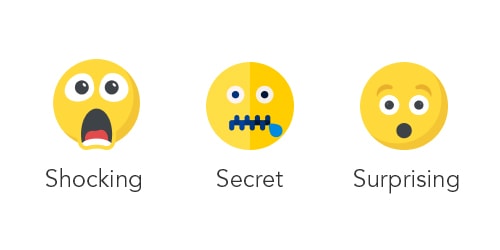
Some emotional words you can use in your meta title are:
- Shocking
- Outstanding
- Remarkable
- Secret
- Mischievous
- Surprising
These types of words will leave your readers with a lot of questions in their minds and compel them to click on the link in order to find out more.
If you really want your titles to stand out, consider using an emoji or two. Most of the ones that work on Android devices will get picked up by Google and they really stand out if you’re the only one using them.
Use Adjectives for Better Click Through Rates
Another effective SEO meta title trick that can help increase your click-through rate is by adding enticing adjectives on your meta title. Below are the top 5 adjectives that will help enrich your meta title and make it more catchy:
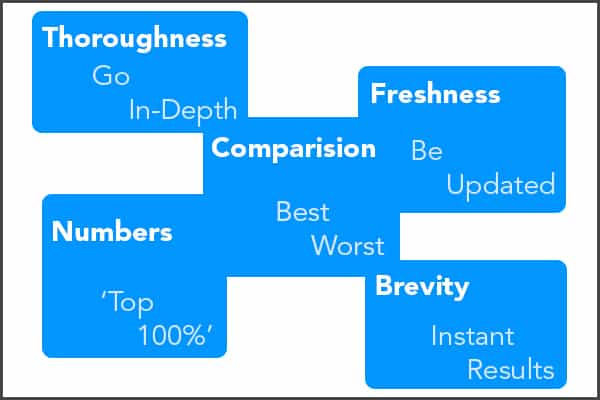
- Numbers – adding a number to your meta title such as “The Top 100% Highest Converting Meta Titles Ever Created”
- Comparison – using comparison words like best, worst, and top will put the reader in the mindset of wanting to know more.
- Freshness – People love updated stuff, and hate outdated info. It’s highly unlikely that someone will click on a post from 2013 over one that is created in the current year. Go back through your old posts and add a few updates to make them more relevant to today. After that, you can republish and add the current year into your title.
- Brevity – Users love instant results so they tend to click on meta titles that promise quick benefits and outcomes.
- Thoroughness – going in-depth about a topic is always better than just skimming through it. This will leave a mark on the reader’s mind that you have done your research and they can rely on what you are saying to be true. So add some enhancements like comprehensive, step-by-step, ultimate, etc.
STOP YELLING!!! Do Not Use all Caps.
Using all caps in writing has always had a bad reputation. It creates an impression that you are shouting in an unpleasant tone. Writing in all caps looks uninteresting, exaggerated and spammy.

Even though there is no rule saying not to use all caps on your meta title, we do advise you against doing so as it can affect the way users perceive your site’s name and brand image. We suggest capitalizing the first letters of each word instead of capitalizing everything.
Creating great meta titles isn’t rocket surgery but it takes patience and practice. Keep in mind the tips we outlined above and you’ll surely be able to create better and click-worthy meta titles. Best of luck!
Do You Need Help With SEO?
If you’re reading this and still struggling to DIY your own website content, we’re here to help. Webology is 100% focused on search, so we’re a better choice for your SEO budget than a full service agency that’s busy working on other stuff like branding and social media.
Specialization is our strength.
Reach out today to see how we can help you improve your meta titles and rise to the top of Google. And if you do need help with branding or social media, our parent company Webology is equally focused on what they do best. Combined, we’re a team of 70+ experts in various aspects of online advertising.




